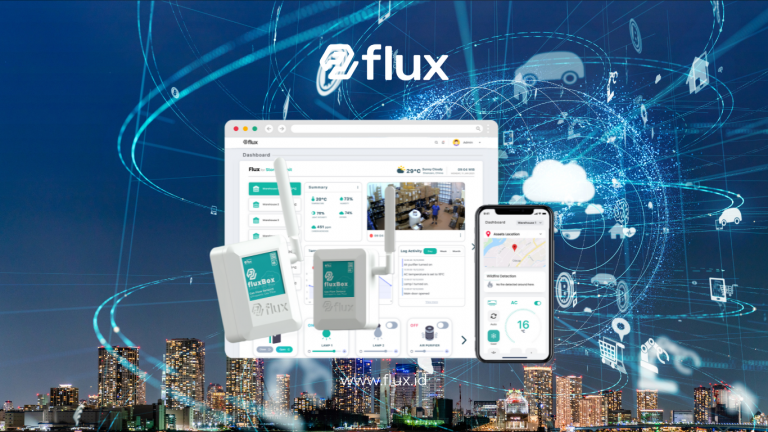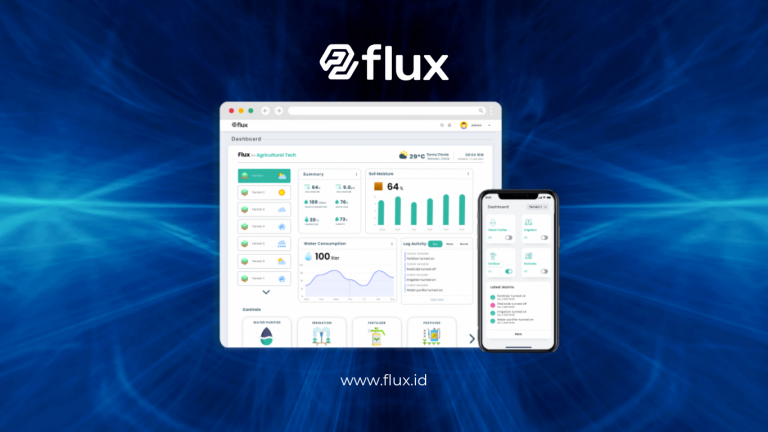Don't miss our holiday offer - 20% OFF!
The concept of a smart city has become an important topic in the development of major cities worldwide, including in Indonesia. With the increase in urban population and complexity, this concept offers solutions to create cities that are more efficient, safe, and comfortable for residents. In Indonesia, smart city initiatives have started to be implemented in several large cities. This article will review the opportunities, implementations, and challenges of developing smart cities in Indonesia.
Contents
- 1 1. Understanding and Benefits of Smart Cities
- 2 2. Opportunities for Smart City Development in Indonesia
- 3 3. Implementation of Technology in Smart Cities
- 4 4. Challenges in Smart City Development in Indonesia
- 5 5. Cities in Indonesia Adopting the Smart City Concept
- 6 6. The Future of Smart Cities in Indonesia
- 7 Conclusion
1. Understanding and Benefits of Smart Cities
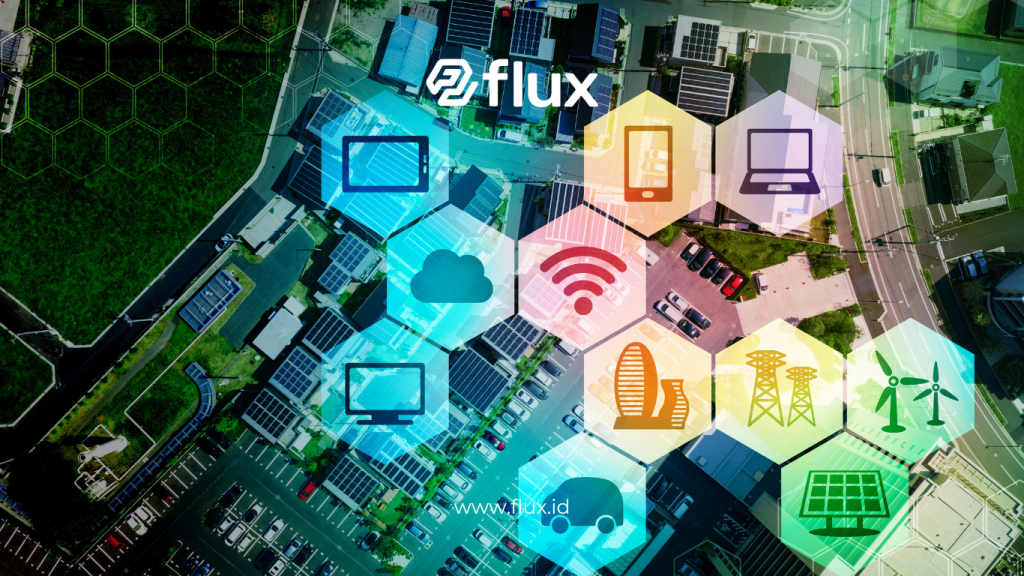
Read More: IoT Technology in Smart City Development: Realizing a Connected and Sustainable City
- Definition of Smart City
A smart city refers to a city that utilizes information and communication technology (ICT) to enhance public services, city management, and resource efficiency. This technology includes data sensors, mobile applications, and big data systems that collect and analyze data in real-time. - Key Benefits of Smart Cities
Implementing smart cities is expected to reduce congestion, increase energy efficiency, accelerate emergency response times, and provide easier access to information. These benefits not only improve quality of life but also create a sustainable environment.
2. Opportunities for Smart City Development in Indonesia
- Growth of the Digital Economy
Indonesia has seen rapid growth in the digital economy, supported by increasing internet users. This growth creates vast opportunities to leverage technology for developing smart cities. - Government Support and Private Partnerships
The Indonesian government, through the “100 Smart Cities Movement” program, has partnered with technology companies to accelerate digital transformation in major cities. - Rapid Urbanization
With more people moving to cities, urbanization presents both a challenge and an opportunity to develop smart cities as a solution for urban management.
3. Implementation of Technology in Smart Cities
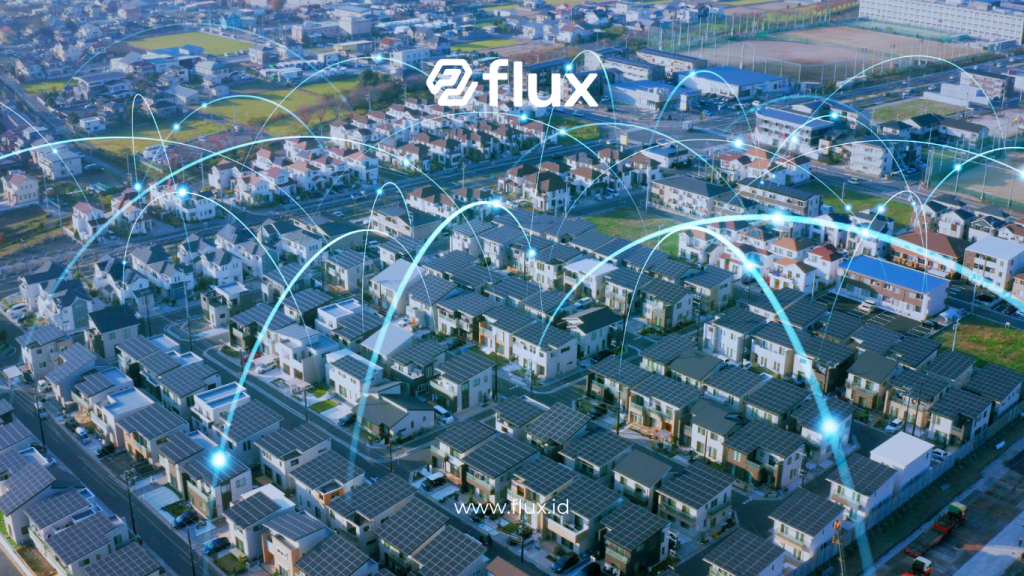
Read More: Smart City and the Future of Urban Areas: Optimizing Infrastructure with Smart Technology
- Intelligent Transport System
Cities like Jakarta and Surabaya have started using intelligent transport systems, which include traffic monitoring, smart parking, and sensor-based traffic management. - Smart Energy and Water Management
Utilizing renewable energy and water management sensors is becoming a part of smart city infrastructure. For example, IoT sensors detect water leaks or measure air quality. - Security and Crisis Management Systems
Surveillance technology like smart CCTV and integrated command centers help manage security and improve response times in emergencies. - Digital Healthcare Services
Telemedicine and digital health applications facilitate access to medical services, especially in large cities, by connecting residents with healthcare providers quickly and efficiently. - Smart Education and Learning Systems
E-learning, distance learning, and app-based education platforms provide an accessible education solution across cities.
4. Challenges in Smart City Development in Indonesia
- Limited Digital Infrastructure
Many regions in Indonesia still lack sufficient digital infrastructure, especially in remote areas. - Human Resource and Technology Readiness
Developing smart cities requires skilled professionals in technology, data, and city management. The shortage of skilled workers can hinder the progress of smart city development. - Budget Constraints and Investment
Building technology infrastructure for smart cities requires a significant budget, and many cities in Indonesia rely on limited funding, posing a challenge for large-scale implementation. - Privacy and Data Security
In a smart city ecosystem, large amounts of citizen data are collected for analysis. Ensuring privacy and data security is crucial to maintaining public trust. - Community Adaptation and Engagement
Implementing new technology requires public adaptation and acceptance. Socializing smart city programs is essential for citizens to understand the benefits of technology and actively participate.
5. Cities in Indonesia Adopting the Smart City Concept
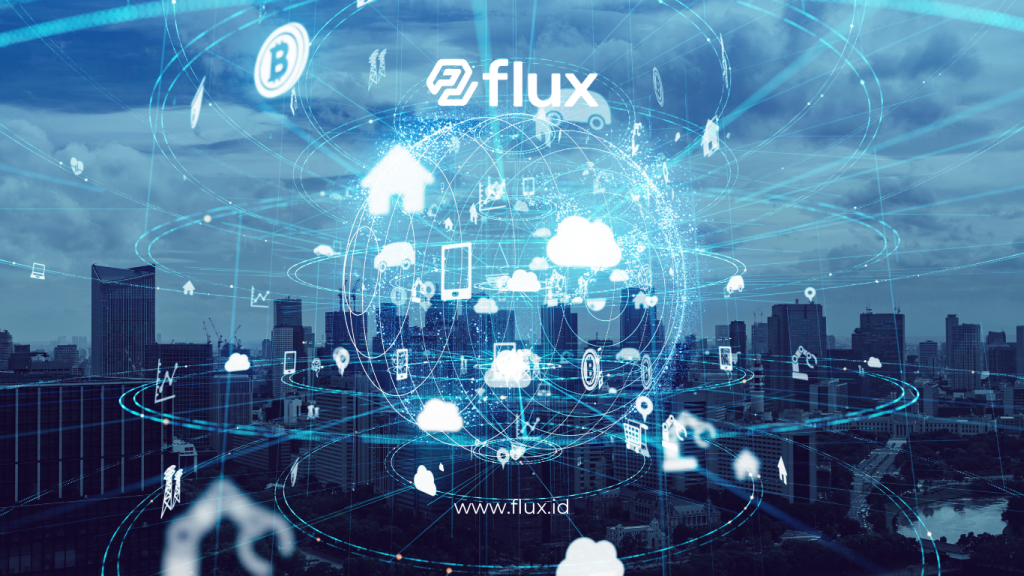
Read More: Smart City and the Future of Urban Areas: Optimizing Infrastructure with Smart Technology
- Jakarta
As the capital, Jakarta has initiated several smart city projects, including the Jakarta Smart City Lounge, a control center that integrates city data and public services. - Bandung
Bandung uses various data-based applications to improve public services and provide residents with easy access to city information. - Surabaya
Surabaya has developed a smart surveillance system and apps to monitor waste, traffic, and public safety. - Makassar
Makassar has several smart city initiatives, including a transportation management system and an IoT-based environmental management system.
6. The Future of Smart Cities in Indonesia
- Integration with 5G and AI Technology
The development of 5G technology in Indonesia will support smart city connectivity, especially with AI technology that can enhance data analysis and predictive capabilities. - Sustainability and Smart Environment
Future focus will be on creating eco-friendly cities by integrating technology for waste management, renewable energy, and better air quality. - Collaboration Between Cities and the Central Government
Synergy between local and central governments is needed to establish national standards that support collaboration between cities in smart city development.
Conclusion
The development of smart cities in Indonesia is a crucial step in creating more efficient, safe, and sustainable urban areas. Although there are significant opportunities and government support, challenges such as budget constraints, infrastructure, and workforce readiness remain obstacles. However, with proper implementation and support from various stakeholders, the smart city concept can lead Indonesia toward a more intelligent and integrated future.



